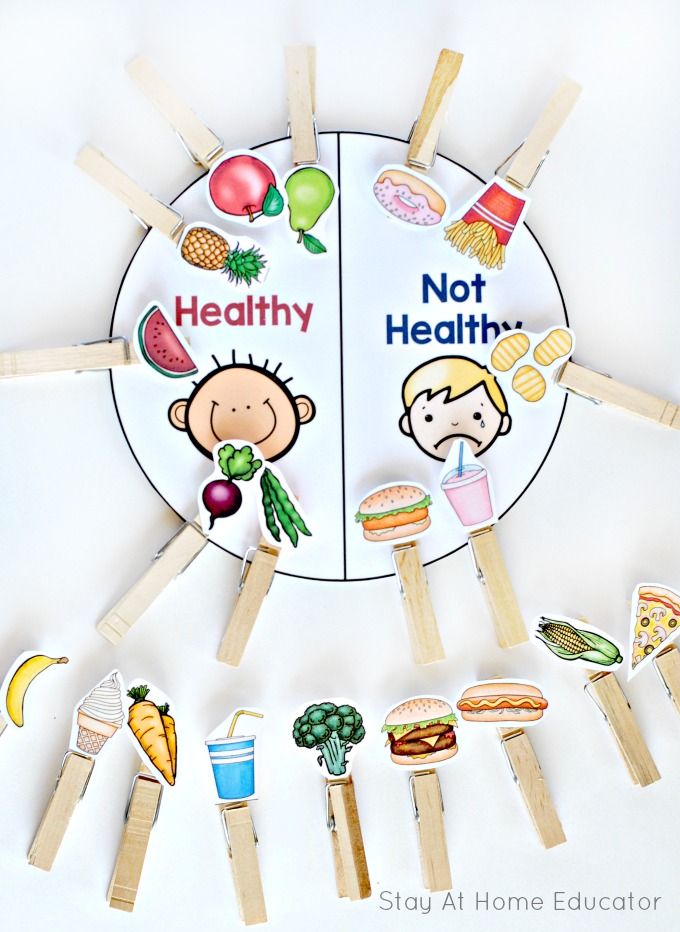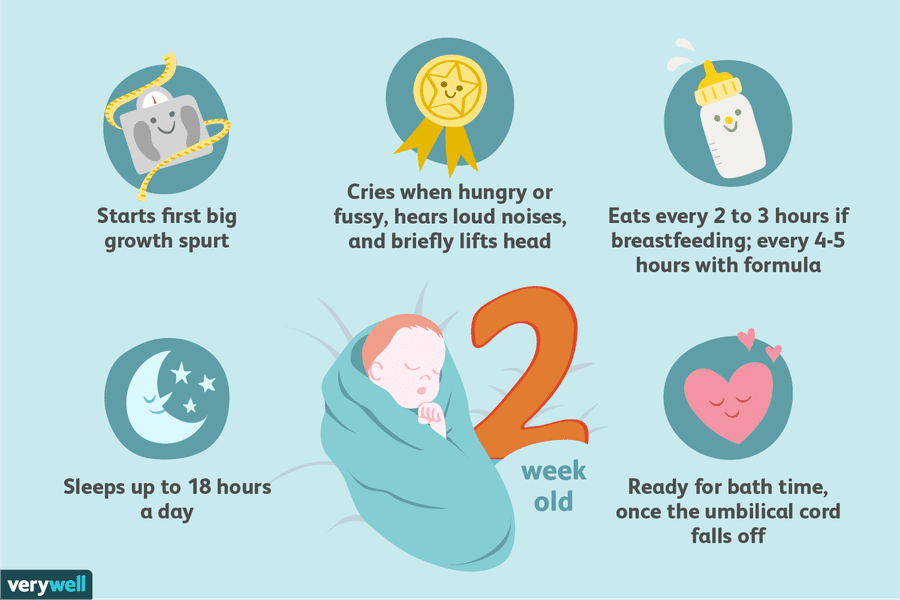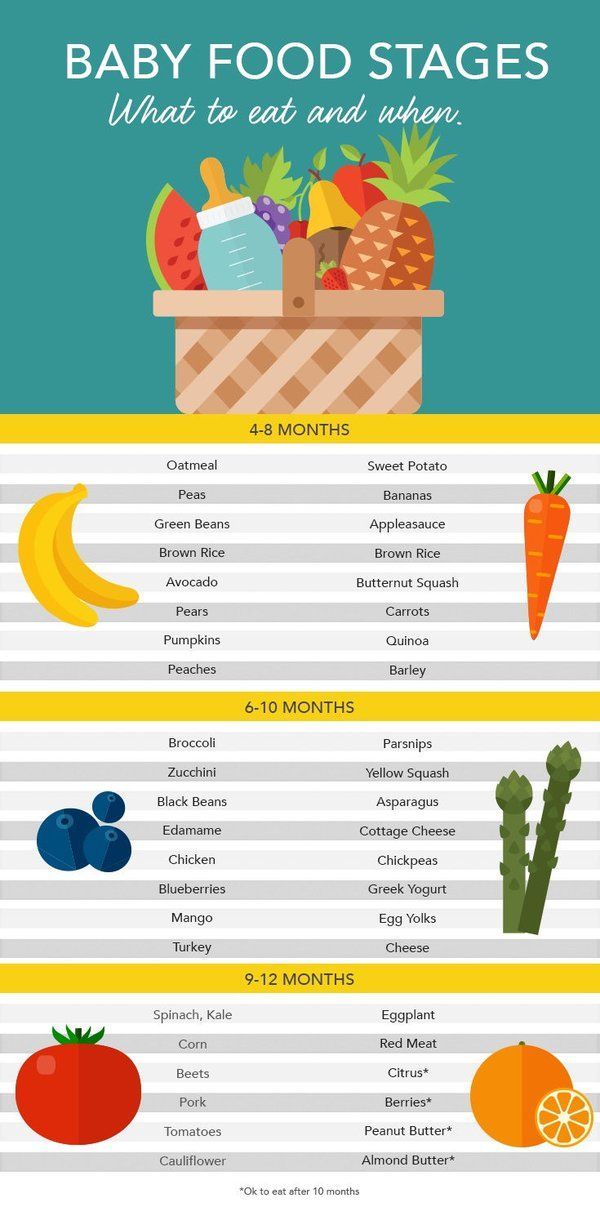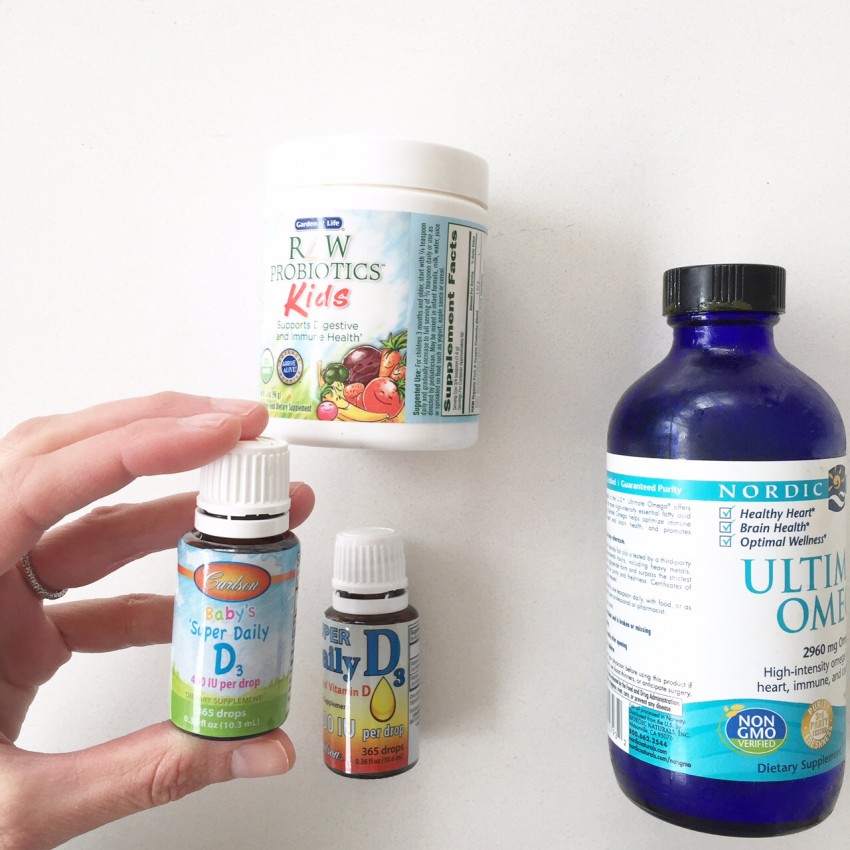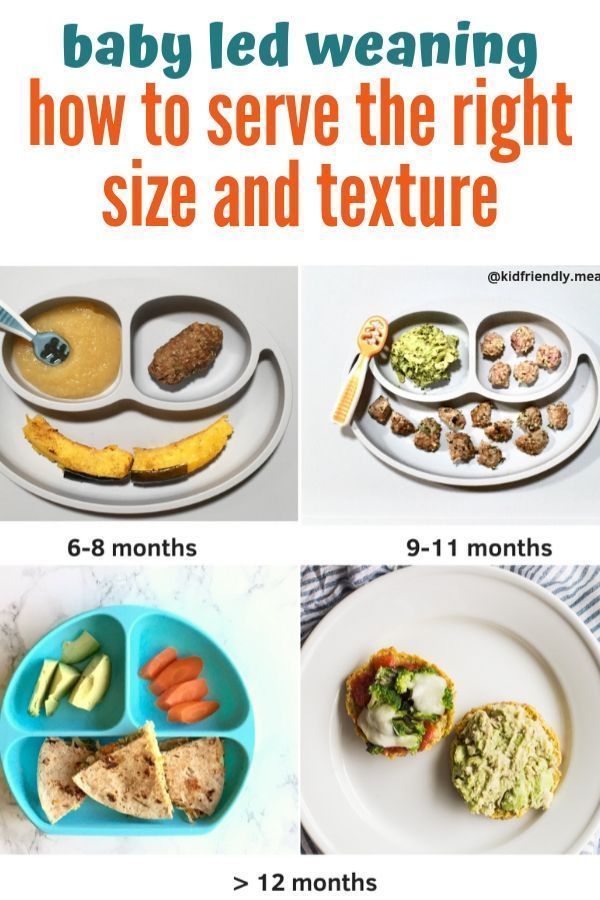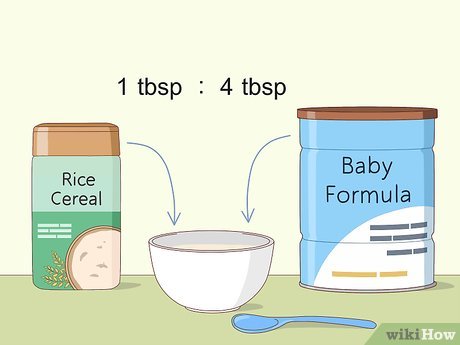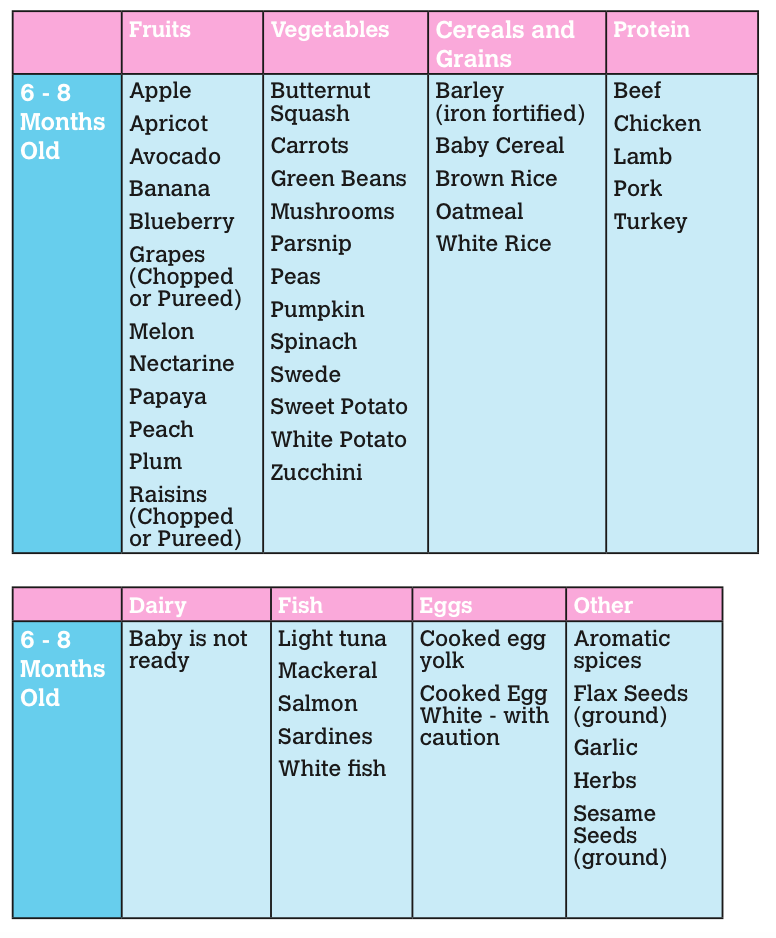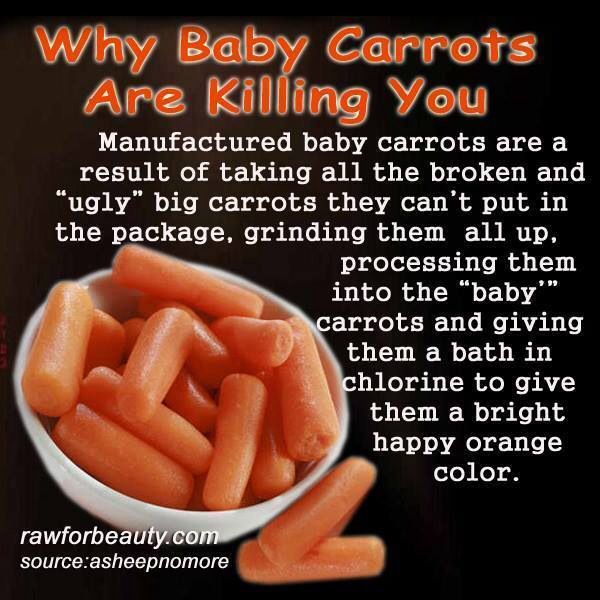Healthy food supplements for babies
4 Infant Supplements to Ask Your Pediatrician About
Starting your baby on solid foods is exciting — and messy! Most babies start with a very small amount of age-appropriate solid food between 4 to 6 months old and will continue to rely on breast milk or iron-fortified formula for their nutrition. Then, at around 9 to 11 months old, you may start noticing a dramatic drop in how much breast milk or formula your baby drinks as more nutrition and calories come from solid foods.
Because of their changing dietary needs over this transition, it is important that infants get the nutrition they need to grow and develop. For some children, this means working with a healthcare provider to fill nutritional gaps with carefully chosen supplements.
Iron
Babies are born with a store of iron that lasts them for about 4 to 6 months. The American Academy of Pediatrics recommends that full-term infants who are exclusively or mostly breastfed be given an iron supplement starting at 4 months of age. Talk to your baby’s healthcare provider about how long to continue an iron supplement after your baby begins eating iron-containing solid foods. Formula generally is iron-fortified, so formula-fed babies rarely need an iron supplement.
Children born premature or with a low birth weight may have reduced iron stores. If so, your baby’s healthcare provider will probably recommend iron supplements until your baby is at least 6 to 12 months old. This may be needed even for some formula-fed babies.
As infants begin to eat more solid food, serving them iron-rich foods such as iron-fortified cereal, meat or beans at least twice per day will help them meet their iron needs.
To promote iron absorption from plant foods, combine iron-rich solid foods you serve to your child with vitamin C-rich foods in one meal. For example, pair a bean and rice puree or finger food meal with tomato sauce or a fruit puree.
Vitamin D
Vitamin D is important for healthy bones. Because low levels of vitamin D are so common, the American Academy of Pediatrics says all breastfed infants (whether completely or partially breastfed) — and formula-fed infants who drink less than 32 ounces of formula per day — should take a supplement beginning within a few days of birth.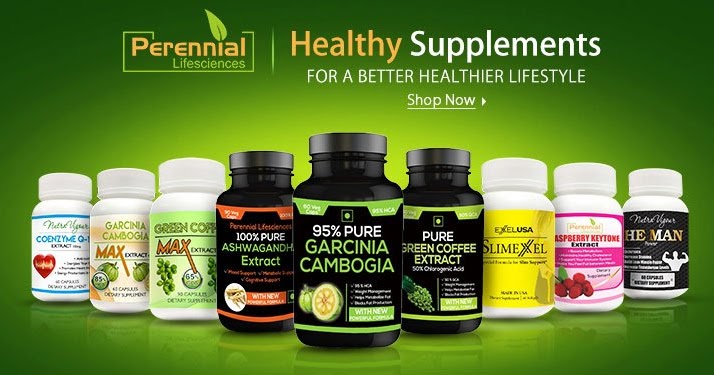 When starting solids, you can mix vitamin D drops in purees as well as add them to formula or water.
When starting solids, you can mix vitamin D drops in purees as well as add them to formula or water.
Fluoride
The AAP does not recommend fluoride supplementation for babies under six months of age. Fluoride supplementation may be necessary after that time based on levels of fluoride in your local water supply. Fluoride supplements are only available by prescription, so discuss this with your baby’s healthcare provider.
Vitamin B
12Vitamin B12, which prevents anemia and supports healthy neurological function, is found in animal products such as meat, fish, eggs and dairy, and is not a concern for most children. However, a vegan mother who exclusively breastfeeds should be sure to consume adequate vitamin B12 through fortified foods and supplements in order to provide ample B12 to her baby via breast milk. And if you plan to introduce only plant-based foods into your child's diet, a B12 supplement may be necessary. Formula-fed vegan babies can get their vitamin B12 from a special fortified formula, most often soy-based.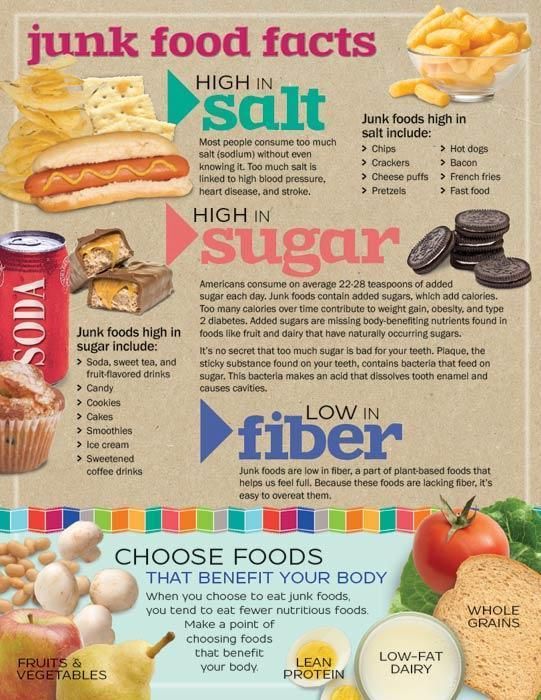 Vitamin B12 typically is included in most over-the-counter infant vitamin drops and many fortified ready-to-eat cereals and soy milk.
Vitamin B12 typically is included in most over-the-counter infant vitamin drops and many fortified ready-to-eat cereals and soy milk.
Before giving your infant any supplements, always consult with the baby’s doctor. Not all infants automatically need supplements when starting solids. Once your baby is tolerating solid foods, make sure to introduce a variety of foods from all food groups in order to develop his or her palate and meet nutritional needs.
Supplements & Vitamins for Baby
RachelMS, RD, LDN, CSSD, CBS
Read time: 5 minutes
What to know about whether your baby needs extra vitaminsBreastmilk or formula provides your baby with most of the vitamins and minerals they need.1
Depending on the situation, possible supplements infants need include Vitamin K, Vitamin D, Vitamin B12, and iron.
During the first 6 months of life, your baby should exclusively be fed breastmilk and/or formula. Healthy full-term babies will likely get most of the vitamins and minerals they need from that breastmilk or formula.2,3
Healthy full-term babies will likely get most of the vitamins and minerals they need from that breastmilk or formula.2,3
As your baby begins eating solid foods, usually around 6 months, breastmilk and formula will continue to provide the majority of nutrients and calories.22,23 Adding a variety of fruits and vegetables, whole grains, and protein-dense foods will help your child get more of the nutrients they need. A multivitamin is usually not necessary for babies under 1 year old.1,3
Read more: Nutrient Needs and Feeding Tips for 6 to 12 Month Olds
When does my baby need extra vitamins?Some babies may need additional vitamins, such as:
Premature infants, born weighing less than 3.
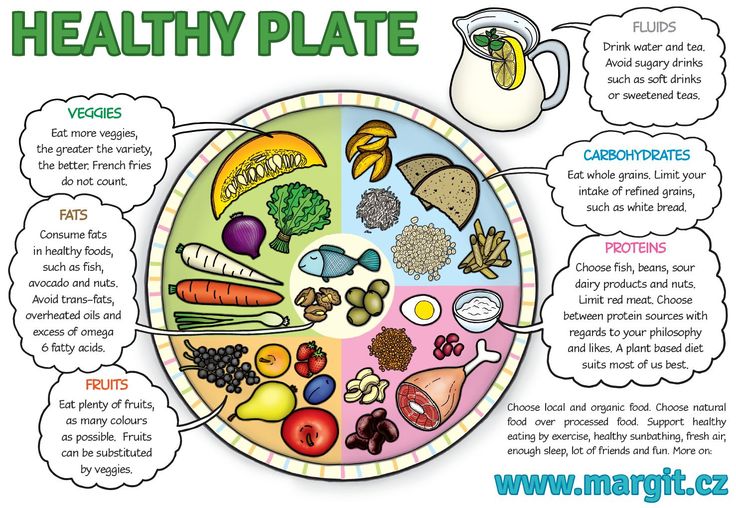 3 pounds, will likely need extra vitamins and minerals added directly to breastmilk or formula.4
3 pounds, will likely need extra vitamins and minerals added directly to breastmilk or formula.4Babies who are exclusively as well as partially breastfed are recommended to be given vitamin D and potentially iron.5,6
Babies born to mothers who follow a strict vegan diet may need a B12 supplement.9
Be sure to chat with your child’s pediatrician before starting any supplements.
Which vitamin supplements could a baby need?Vitamin KWhat does vitamin K do? Vitamin K is necessary to help with blood clotting.2,7
Who may need vitamin K? The American Academy of Pediatrics (AAP) recommends that all babies receive a one-time vitamin K injection shortly after birth to reduce the risk of hemorrhagic disease. 11
11
What does vitamin D do? Vitamin D allows the body to absorb and retain calcium and phosphorus, both critical for building strong bones.27
What are symptoms of vitamin D deficiency? A vitamin D deficiency can lead to rickets, a bone-softening disease that still impacts children in the U.S., usually in the first two years of life.2,5
Who may need vitamin D? In many cases, breastmilk does not provide adequate vitamin D for baby.4,5 This is why the AAP and other health organizations recommend that all breastfed babies be supplemented with Vitamin D.6,8
Formula fed babies generally do not need additional vitamin D supplementation because formula has vitamin D already added.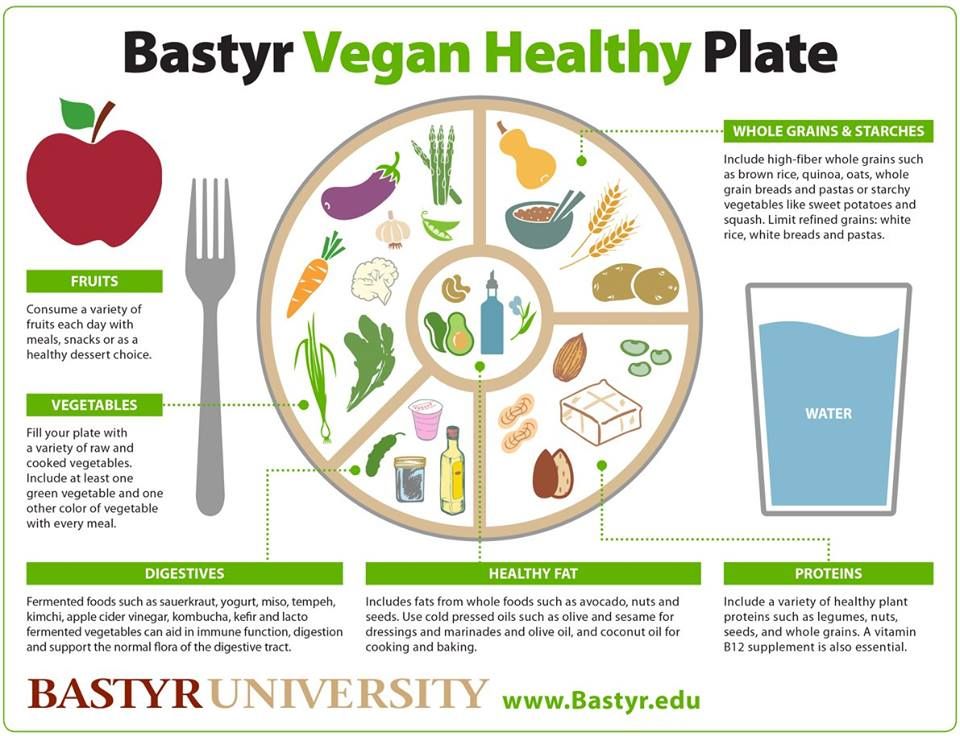 If your baby is drinking at least 32 ounces of formula per day, they are receiving adequate amounts of vitamin D.2,6
If your baby is drinking at least 32 ounces of formula per day, they are receiving adequate amounts of vitamin D.2,6
Read more: Why Vitamin D Matters for Babies, Tots and Mama
Vitamin B12What does vitamin B12 do? Vitamin B12 keeps the body’s nerve and blood cells healthy and helps make DNA, the genetic material in all cells.9 Vitamin B12 deficiency can cause a type of anemia called megaloblastic anemia that makes people tired and weak.10
What are symptoms of vitamin B12 deficiency? Signs and symptoms of vitamin B12 deficiency in infants include vomiting, lethargy, anemia, failure to thrive, hypotonia (low muscle tone), and developmental delay/regression.4,12 Breastfed infants may develop clinical signs of vitamin B12 deficiency before their mothers do.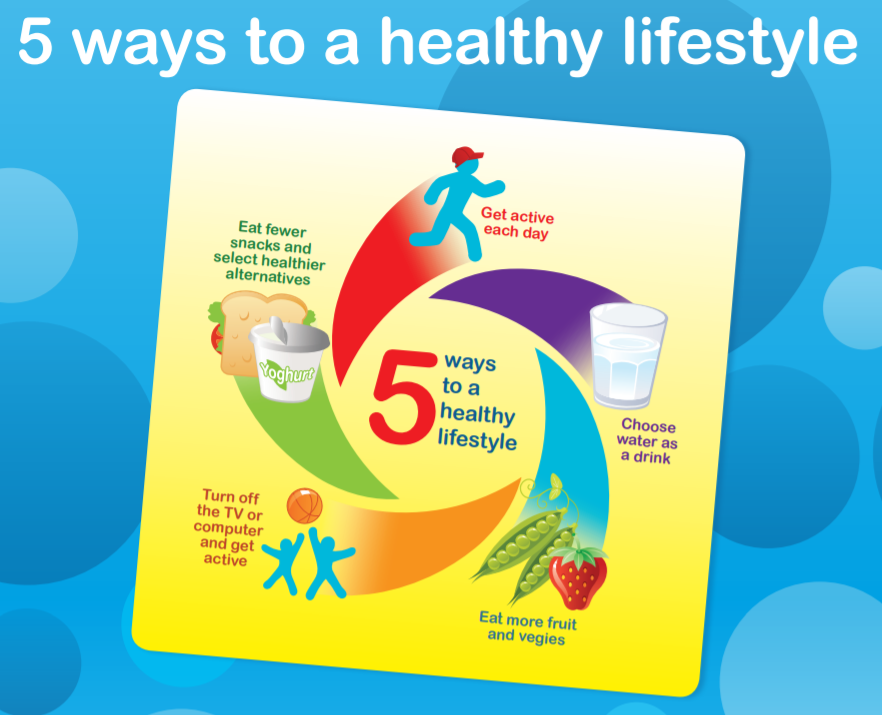 4
4
Who may need vitamin B12? Breastfeeding people who may need vitamin B12 include: Vegans and some vegetarians, those who have had weight loss surgery, or people with malabsorption concerns.9 Taking B12 is often necessary for these groups to help make sure that both themselves and their babies are receiving adequate amounts.
Infant formulas must contain vitamin B12, so formula fed babies usually get enough of this nutrient.
If your family is vegan or there are other risk factors for low B12, discussing your family’s diet with a registered dietitian can help provide some insight on supplementation or food choices.13
Read more: Vegan Diet during Pregnancy, Breastfeeding, and for the Family
IronWhat does iron do? Iron plays an important role in the delivery of oxygen to tissues throughout the body.20 This mineral is also important for physical growth and brain development. 20
20
What are symptoms of iron deficiency? There are several levels of iron deficiency before iron deficiency anemia is diagnosed.20 Even mild and moderate deficiencies in babies and toddlers can cause symptoms such as shortness of breath, irritability, weakness, fatigue, and headaches.21
Who may need iron? Breastmilk is low in iron but most babies are born with sufficient reserves of iron while in the womb to protect them from anemia, at least until the age of 4-6 months.4 If you had poorly controlled gestational diabetes, or your baby was premature or smaller than 6 pounds at birth, your baby may not have gotten enough iron during pregnancy.4,14 There is also some research showing that delayed cord clamping at birth can help boost baby’s iron reserves.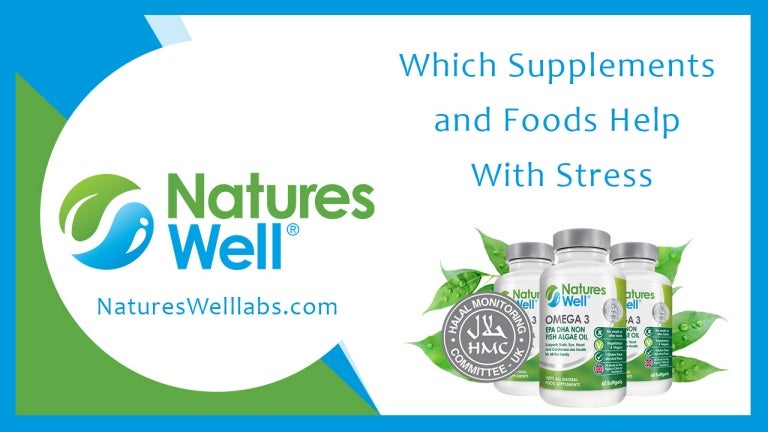 5
5
Babies who are formula fed are recommended to be provided an iron-fortified formula to meet their needs.6
The AAP Committee on Nutrition recommends exclusively and partially breastfed infants receive 1 mg/kg/day of a liquid iron supplement starting at 4-6 months, continuing until iron-containing solid foods are introduced at about six months of age.6,16 However other major organizations, including the Academy of Breastfeeding Medicine as well as the United States Preventative Services Task Force, do not find the research on supplementing your baby compelling enough to recommend supplementation for breastfed babies.5,20
Speak with your baby’s doctor about iron supplementation and whether it’s right for you and your baby.18
Introduce iron-rich foods once your baby begins eating solids.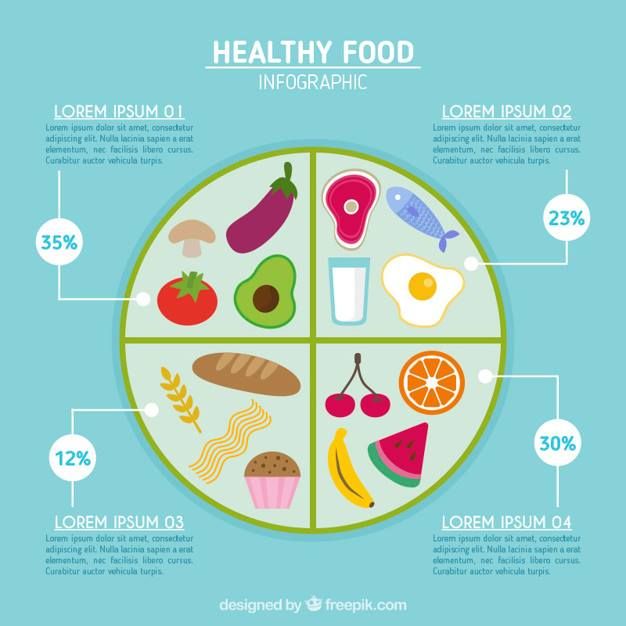 When you begin to introduce your baby to solid food, choose foods that contain iron, like fortified cereals, meats, fish, beans, and vegetables every day.
When you begin to introduce your baby to solid food, choose foods that contain iron, like fortified cereals, meats, fish, beans, and vegetables every day.
Include vitamin C rich foods as well to help iron be absorbed better.25
If you are already supplementing your infant with iron when introducing iron-containing foods, chat with baby’s healthcare provider to see if the iron supplement should be stopped.4,5
Read more:
Why is Iron Important for my Baby and toddler?
What Should I Know about Iron Deficiency Anemia during Pregnancy?
If you have more questions about whether your baby could benefit from vitamins or other supplements, reach out to our team of registered dietitians and moms are available from Monday – Friday 8 am – 6 pm (ET). Chat now!
What to do to make sure baby is meeting their vitamin and mineral needsIf formula feeding, continue to feed your baby with iron-fortified formula through the first yearYour baby is receiving adequate iron and vitamin D in their formula therefore it’s important to continue feeding them infant formula through the first year of life.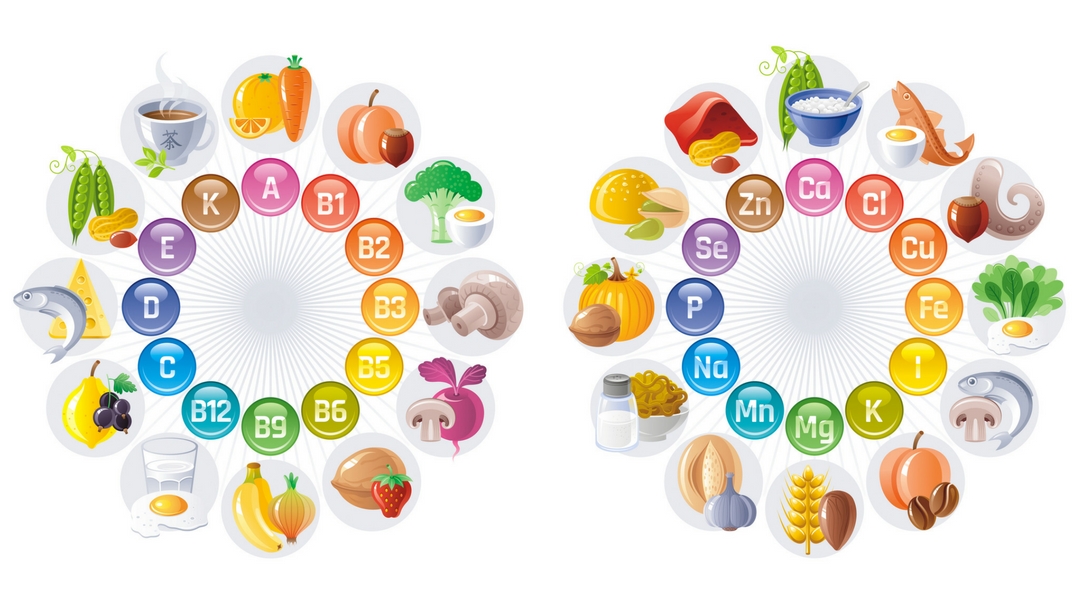 6
6
If you are breastfeeding, chat with your infant’s healthcare provider about supplementing with iron and vitamin D. They’ll let you know if your little one needs a supplement, how much to give, and how long to supplement for.
Tip: One way to supplement your infant is to place the liquid supplement on your nipple before latching baby to feed. Chat with your child’s healthcare provider for more tips on how to give your baby the supplements they may need.
Understand that your preemie may have different needsIf your baby was born prematurely, they may need more iron than a term baby or need larger amounts of other nutrients.9 Speak with your baby’s doctor about your baby’s specific needs.
Do not introduce cow’s milk until after your baby’s first birthday
Babies who are fed cow’s milk (instead of breastmilk or iron-fortified formula) during the first year of life are more likely to develop iron-deficient anemia because the cow’s milk proteins can affect your child’s iron status.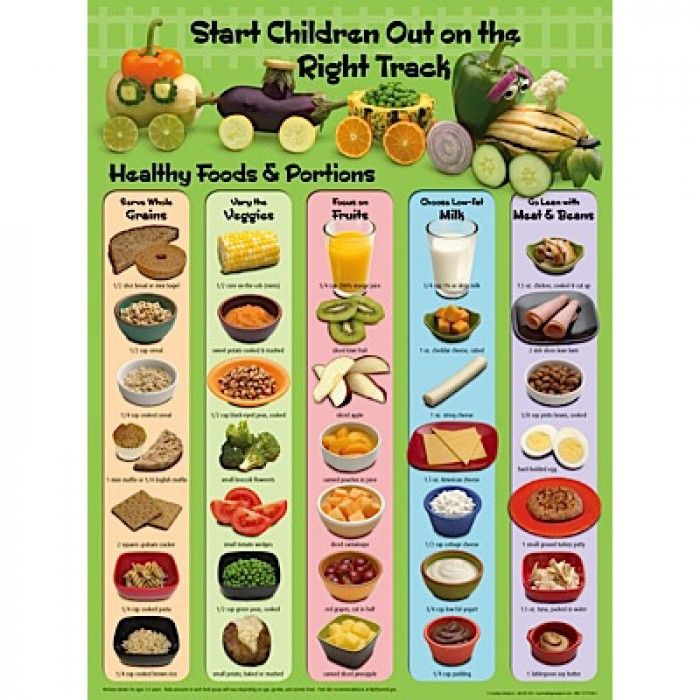 15,24
15,24
Note that while cups of cow’s milk are not recommended before a year, it is safe for your little one to have the small amounts of milk used in baking and cooking. And as long as your child does not have a cow’s milk protein allergy or lactose intolerance, it is also safe for them to eat cheese and yogurt in the texture they can handle.26
Let's Chat!
We know parenting often means sleepless nights, stressful days, and countless questions and confusion, and we want to support you in your feeding journey and beyond.
Our Happy Baby Experts are a team of lactation consultants and registered dietitians certified in infant and maternal nutrition – and they’re all moms, too, which means they’ve been there and seen that. They’re here to help on our free, live chat platform Monday - Friday 8am - 6pm (ET).Chat Now!
Read more about the experts that help write our content!
For more on this topic, check out the following articles:
Meal Plan for 6 to 9 Month Old Baby
Why does Vitamin C Matter for Babies, Tots and Mama
Meeting Your Needs and Baby’s on a Vegetarian Diet
Does your Toddler need Vitamins or Supplements
Why does Vitamin B12 Matter for Babies, Tots, and Mama?
Sources
Nutritional Supplements for Children and Adolescents: Pros and Cons
Although the market has been saturated with nutritional supplements for decades, their safety is still questionable.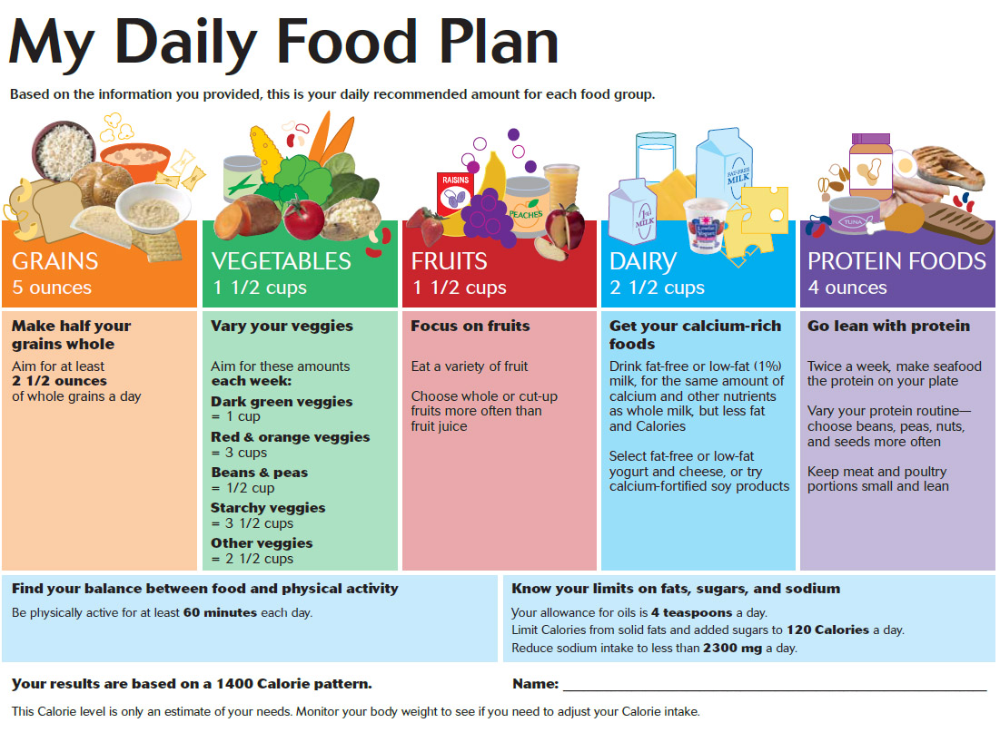 Especially often questions on this topic can be heard from parents who care about the health of children of different ages. Is it acceptable to use supplements in childhood and adolescence? Are they as necessary as the manufacturers say? Let's figure it out in this article.
Especially often questions on this topic can be heard from parents who care about the health of children of different ages. Is it acceptable to use supplements in childhood and adolescence? Are they as necessary as the manufacturers say? Let's figure it out in this article.
Not all supplements are good for a child. At every age, the body has its own needs, and this must be taken into account. The following are recommendations for supplements that will help children grow and develop properly at different stages of growing up. nine0003
Toddlers under 2
Babies from birth to 2 years of age are in dire need of vitamin B12. When they are born, they receive a small supply of this substance, but it does not last long. And this is the case if the mother ate right. If not, the vitamin is needed almost immediately - this applies to both the newborn and the young mother. Both should be taken, but only after appropriate tests and consultation with a doctor.
Equally important for the development of the baby is iron.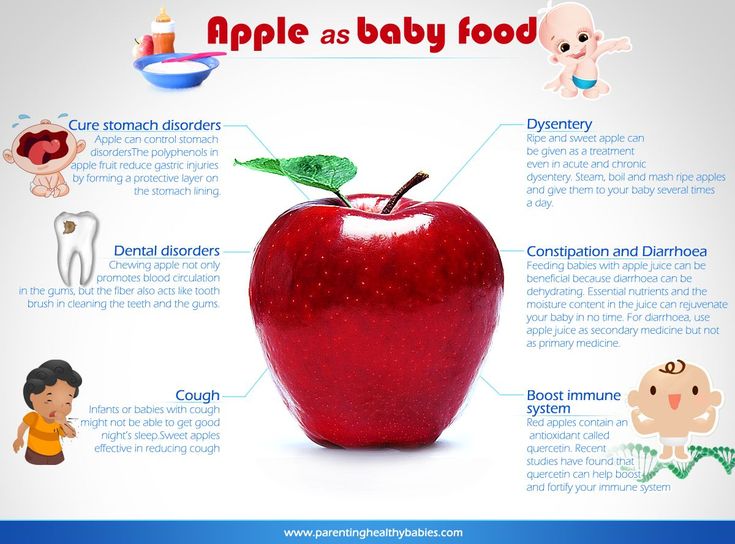 The required level of this trace element eliminates the risk of anemia, which affects young children. This is especially true for premature babies, underweight babies and babies born to diabetic women. The need for taking such an additive is determined by the results of a blood test for hemoglobin. nine0003
The required level of this trace element eliminates the risk of anemia, which affects young children. This is especially true for premature babies, underweight babies and babies born to diabetic women. The need for taking such an additive is determined by the results of a blood test for hemoglobin. nine0003
It is extremely important to maintain sufficient levels of vitamins D and C in the child's blood. The first should be taken only in winter or if you live in northern latitudes where there is little sun. In summer, this is not necessary, but you need to walk a lot so that the baby spends time in the sun. This substance is responsible for the proper development of bones and the content of essential minerals in them. It is necessary to eliminate the risk of diseases of the musculoskeletal system. A deficiency can even lead to softening of the bone tissue. For its trouble-free formation, the fetus in the womb must receive vitamin D. Hence the recommendations of obstetrician-gynecologists about frequent walks for pregnant women.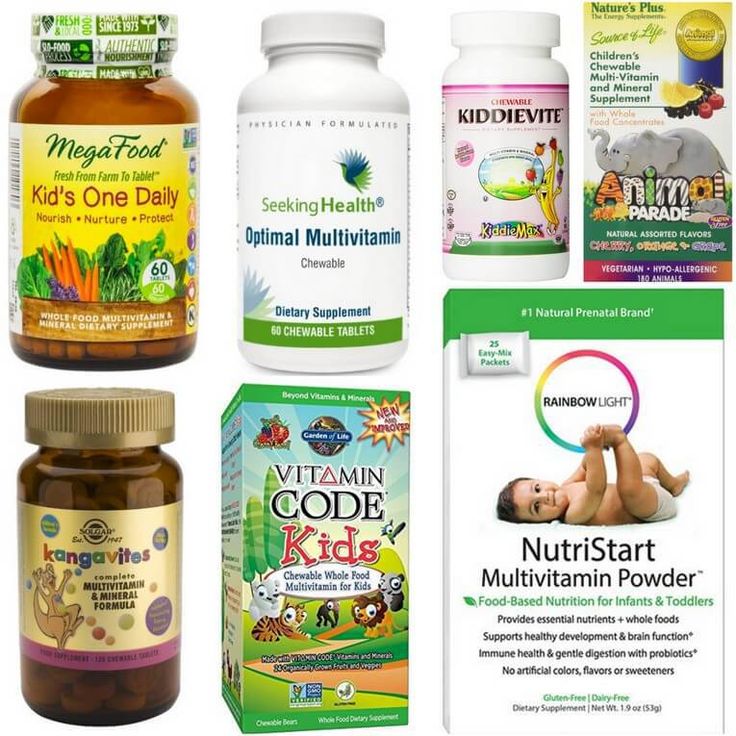 nine0003
nine0003
Approximately the same pathology will cause a lack of calcium. You can replenish its quantity not only by taking supplements, but also by proper nutrition with an abundance of cheese, cottage cheese and, of course, milk. Calcium-rich green vegetables, pumpkin, sesame seeds.
If you do need to take a vitamin supplement, do it right. So, doctors advise to be careful with the supplement of D3 in the active form.
Vitamin C is involved in the synthesis of collagen, which is responsible for the formation of connective tissue. It also affects the growth process and the maintenance of a satisfactory state of health during the season of colds and viruses. But you also need to be careful when giving it to small children. Some additives are acidic and can irritate the stomach. nine0003
Folic acid is another micronutrient that is prescribed from early pregnancy. It is needed for DNA replication and the formation of new cells.
Children 2-12 years old
At this age, not only physical but also mental development takes place.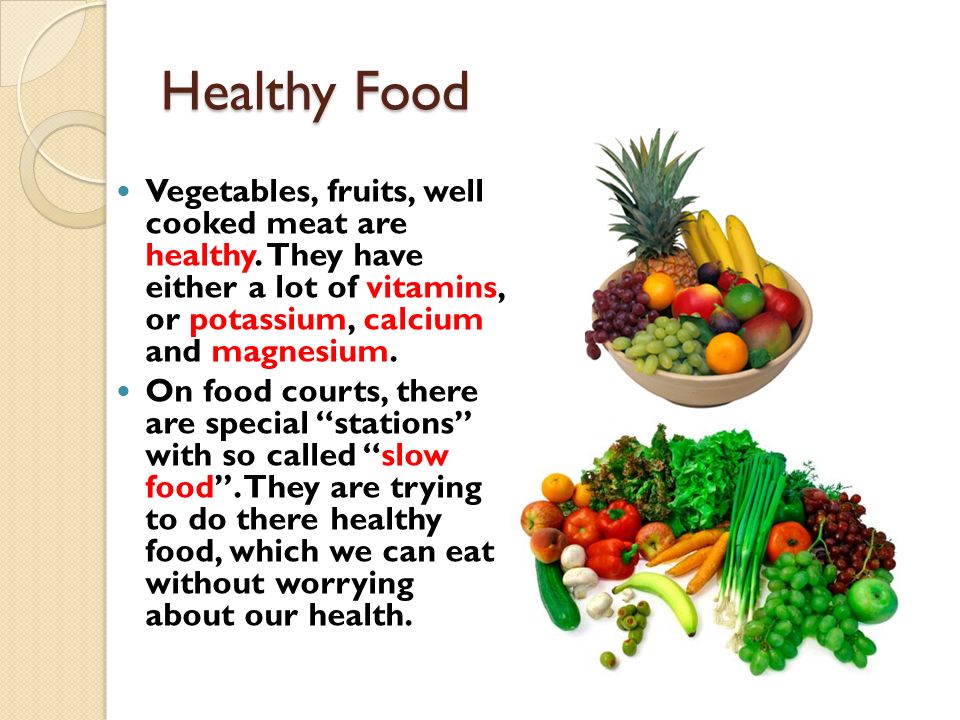 From the age of 10, the hormonal background gradually begins to change. A growing body needs complete proteins, carbohydrates and the same substances as in infancy.
From the age of 10, the hormonal background gradually begins to change. A growing body needs complete proteins, carbohydrates and the same substances as in infancy.
You will need the whole complex of B vitamins, but only if the child is picky about food and does not consume all foods: fruits, vegetables, cereals, beans, nuts. Those who lean on soda and sweets, and avoid healthy dishes, should introduce supplements with these vitamins into the diet. They are needed for the formation and development of the nervous and hormonal systems. nine0003
Small-calves who don't want to eat fish need a complex with Omega-3, DHA and EPA. They are responsible for the health of the cardiovascular, immune and nervous systems, brain, eyes and other organs. These substances are especially useful in the symptoms of ADHD in combination with other agents.
Adolescents 12-18 years old
This period is characterized by rapid sexual development. Hormonal changes are manifested in changes in the body and psyche of the child.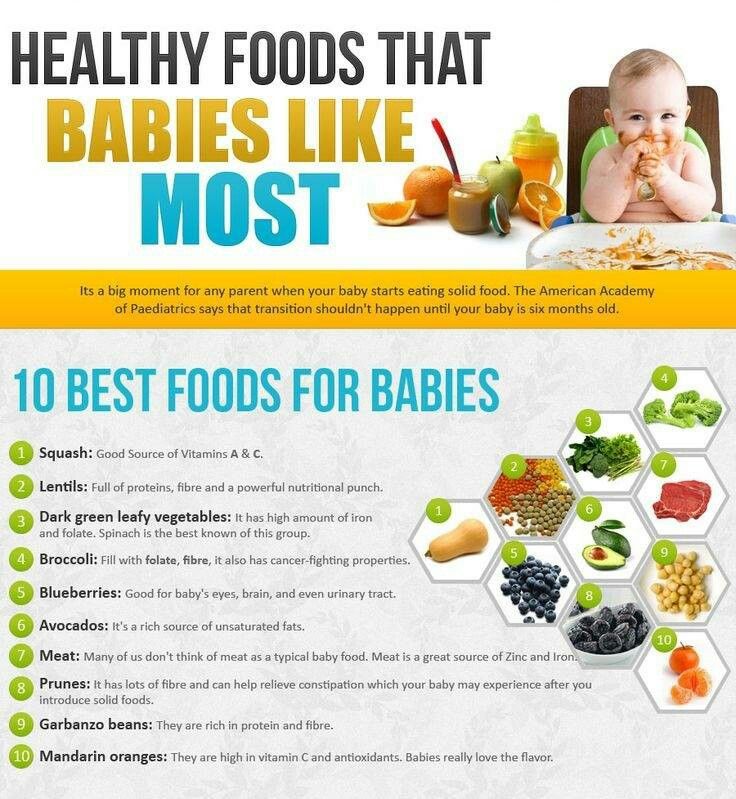 Girls at this stage of growing up need iron, especially those who have a menstrual cycle. Omega-3s will have a positive effect on the ability to concentrate and mood during the training period. nine0003
Girls at this stage of growing up need iron, especially those who have a menstrual cycle. Omega-3s will have a positive effect on the ability to concentrate and mood during the training period. nine0003
B vitamins are essential for both girls and young people. If the nutrition of a teenager is unbalanced, they will support the nervous system and will contribute to the process of growth and further development.
Senior schoolchildren have a high need for calcium and magnesium. Their bones continue to develop and grow stronger, they need nourishment. However, zinc supplements, which have been very popular lately, should only be taken when a teenager has medical problems. Medicines are prescribed by a doctor. nine0003
Food additives in children's diets, scary letters GMO | Mamovedia
The reasons for this are very different: the child eats little, gets very tired, eats a small set of foods and does not want fresh fruits and vegetables, the questionable quality of current products and GMOs, frequent illnesses of the child and difficult recovery after illness.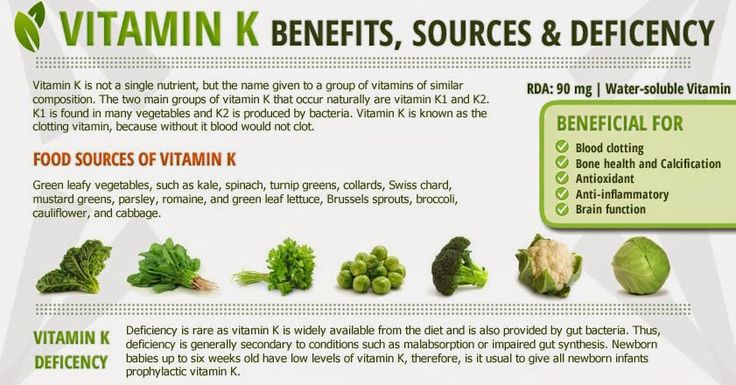 .
.
In fact, in most cases, various supplements are not very useful (and sometimes even harmful), and macro/microelements necessary for the body is best obtained through a healthy and varied diet.
So, let's try to understand what is meant by vitamins and supplements, under what conditions they are really needed, and are GMOs so scary?
Vitamins
The word vitamin comes from the Latin "vita" which means life. Vitamins cannot be directly produced by our body, but come only through food. Many vitamins are found in vegetables, fruits (fresh or dried), as well as in fish, meat, eggs, and cereals. nine0003
Every vitamin is important, and the amount to take daily depends on age, gender, and general health. But don't worry: you don't have to know all the tables and recommended dosages; it is enough to follow a healthy and proper diet to get enough vitamins daily!
The functions of vitamins are many and varied, let's look at some of them:
- growth and health of bones and teeth;
- stimulation of the immune system; nine0062
- correct visual function;
- skin elasticity and health;
- promote iron absorption and prevent some forms of anemia;
- antioxidant effect.
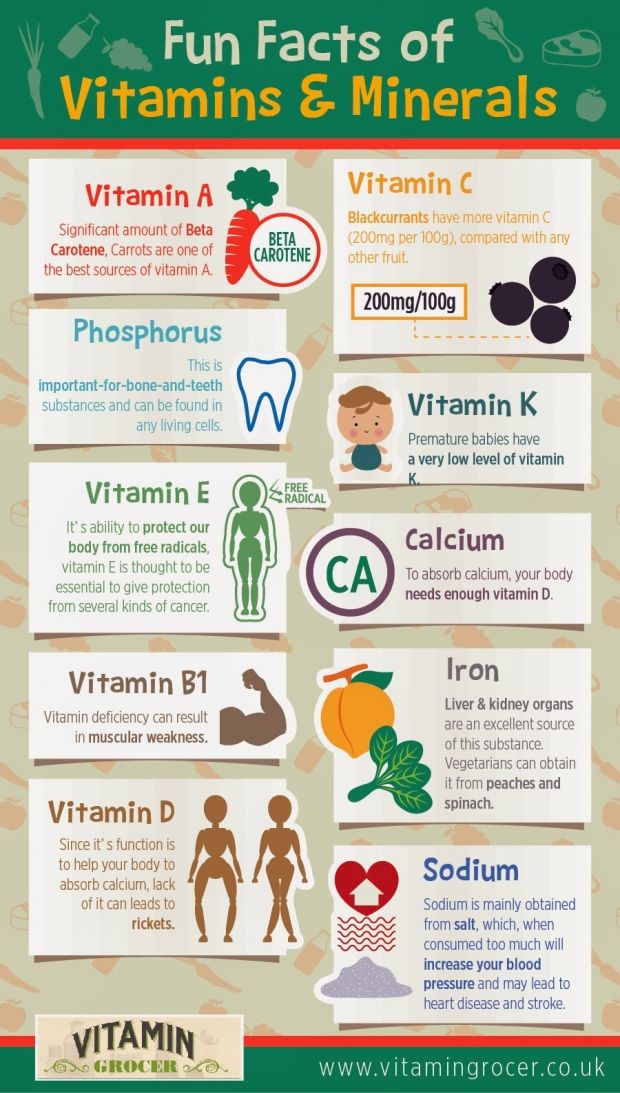
Lack of vitamins can cause some diseases, but their excess can also cause health problems.
Food additives
It is more difficult to define what is meant by a food additive. We can say that by this term we mean a number of substances that are useful for our body. Supplements are effectively defined as “food products intended to supplement the generally accepted diet and provide a concentrated source of nutrients. They are often consist of a combination of vitamins, mineral salts, fatty acids, plant fibers . Some supplements also contain probiotics.
They are not sold as medicines and can therefore be obtained without a prescription. They can be very helpful in some situations, but they should still be taken in moderation and only when really needed. In particular, supplements should not be seen as a substitute for a healthy and balanced diet and lifestyle. Even in the case of supplements, their excess can cause health problems.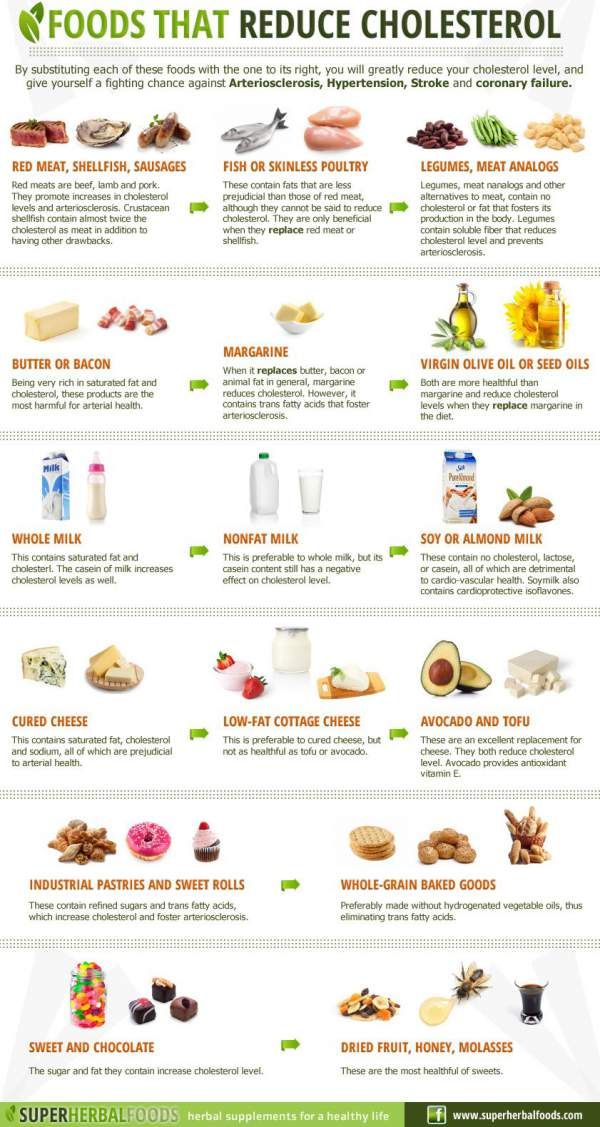 Therefore, a doctor's consultation is required! nine0003
Therefore, a doctor's consultation is required! nine0003
Should we be afraid of GMOs?
GMO stands for "Genetically Modified Organism". These are organisms (plants and animals) whose genetic material has been artificially altered: for example, to make plants better resistant to diseases, insects or drought, or even to increase productivity. The main GM crops that are grown are: corn, soybeans, potatoes, cotton, rapeseed, tomatoes, beans and rice.
In Ukraine, the cultivation of GM plants is prohibited, but, unfortunately, this is little controlled. Therefore, the labels "Non-GMO" on the goods in the store may not correspond to reality. But, in fairness, it should be said that during the entire time of the creation and use of GMOs, there was no recorded case of harm to humans. nine0003
Conditions that may benefit from taking vitamins or supplements
- Very selective diets at the request of the child or parents (for example, in the case of a vegan diet, vitamin B12 must be taken).
